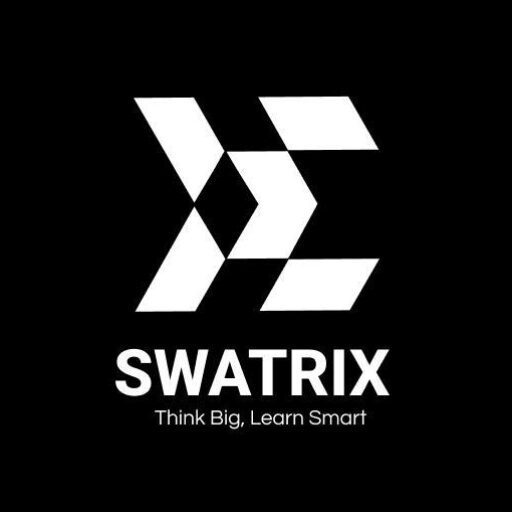Nano Science
Nanoscience involves the study and manipulation of materials at the nanoscale (typically between 1 and 100 nanometers) where unique physical, chemical, and biological properties emerge. This interdisciplinary field bridges physics, chemistry, biology, and engineering, focusing on the design, synthesis, characterization, and application of nanomaterials. Nanoscience plays a critical role in advancing technologies such as nanoelectronics, nanomedicine, energy storage, and environmental remediation.
Reviews 4.7 (253 user ratings):
4.721 students
Price:
₹ 5000/-
With continuous advancements in nanotechnology, the field offers transformative solutions to global challenges, including healthcare, energy efficiency, and environmental sustainability. Nanoscientists must possess a strong understanding of nanoscale phenomena, cutting-edge fabrication techniques, and the ability to analyze nanostructures. Despite its vast potential, nanoscience faces challenges such as ethical considerations, environmental impacts, and ensuring the safe development of nanotechnologies.

Course Descriptions :
Provides a foundational overview of nanoscience concepts and their real-world applications. Topics include the history of nanotechnology, fundamental principles at the nanoscale, and emerging fields like nanoelectronics and nanomedicine.
Focuses on methods for synthesizing and analyzing nanomaterials. Participants explore techniques such as chemical vapor deposition, sol-gel processes, and characterization tools like electron microscopy and X-ray diffraction.
Introduces quantum mechanical principles that govern behavior at the nanoscale. Topics include quantum confinement, tunneling, and the application of quantum theory in nanotechnology.
Covers advanced fabrication methods for creating nanoscale structures. Participants learn about lithography, self-assembly, and bottom-up vs. top-down manufacturing techniques.
Explores the interaction of light with nanostructures and its applications. Topics include plasmonics, photonic crystals, and optical properties of nanomaterials for advanced imaging and communication technologies.
The role of nanoscience in medical innovations. Participants study targeted drug delivery, diagnostic nanoparticles, and the development of biocompatible nanomaterials for healthcare applications.
Focuses on the use of nanomaterials in energy generation and storage. Topics include nanostructured solar cells, fuel cells, and energy-efficient nanomaterials for sustainable energy solutions.
Investigates how nanotechnology addresses environmental challenges. Topics include nanomaterials for pollution remediation, water purification, and sustainable environmental practices.
Provides in-depth training on tools and techniques for characterizing nanostructures. Participants learn atomic force microscopy, scanning tunneling microscopy, and spectroscopy methods.
Explores the design and application of nanocomposites and responsive materials. Topics include mechanical properties, self-healing materials, and nanostructured polymers.
Introduces computational methods for modeling nanoscale systems. Participants learn about molecular dynamics, density functional theory, and computer simulations for predicting nanomaterial behavior.
Addresses ethical, environmental, and safety concerns in nanoscience. Topics include regulatory frameworks, risk assessment, and the responsible development of nanotechnologies.
The design and application of nanoscale devices. Participants study nanosensors for diagnostics, nanoscale actuators, and the development of nanorobots for biomedical use.
The integration of nanotechnology into commercial products and industries. Topics include consumer applications, manufacturing processes, and market trends in nanotechnology.
Provides hands-on experience through independent or team-based projects. Participants apply nanoscience concepts to design, fabricate, and analyze nanostructures for real-world applications.
This course includes:
- 30 hours on-demand video
- 6 months access
- Access on mobile and TV
- Free Webinar
- Certificate of completion
Student Testimonials for Nano Science
- Best Conference
- 100% Certified & Trusted
- Enjoy 24/7 World Class Support
The Nano Science course introduced me to the fascinating world of materials at the atomic level. I never thought I’d enjoy quantum physics this much!
